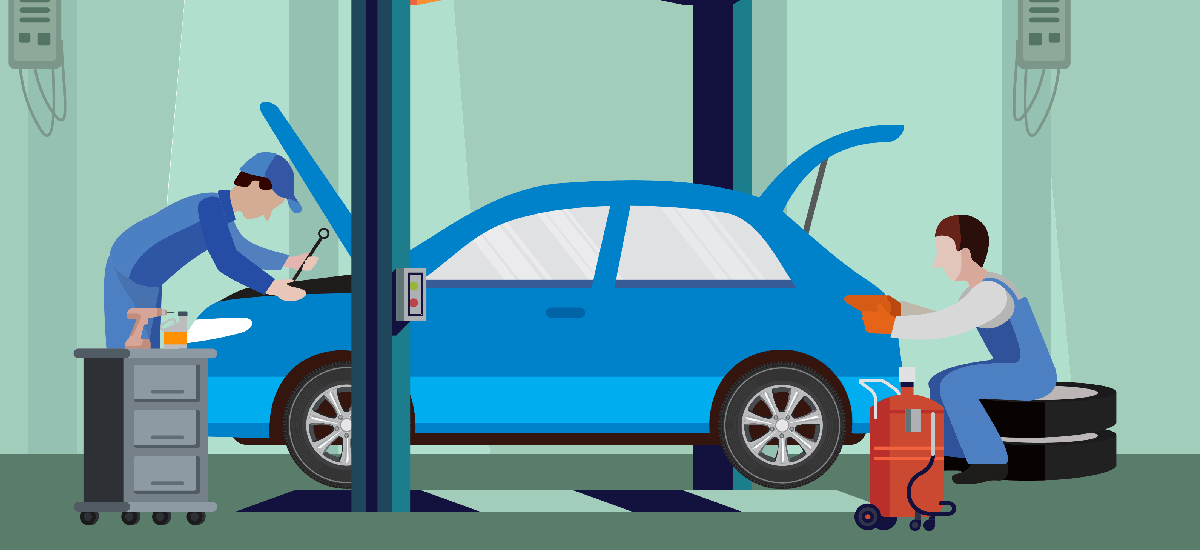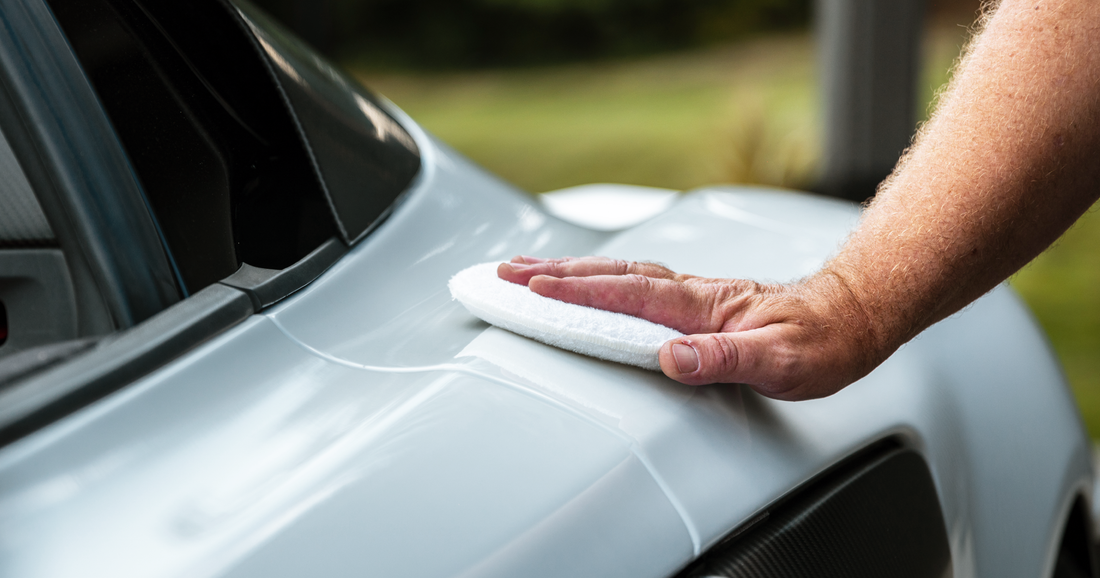All Categories
Featured
The engine is just one of one of the most vital parts of any kind of vehicle, and keeping it in leading form is important for long life and performance. Costly engine repairs can be an economic worry, yet you can decrease this threat with correct precautionary treatment. Below are some useful steps you can take to guarantee your engine stays healthy and balanced and trustworthy.
Oil is the lifeline of your engine, lubricating its moving parts and stopping deterioration. Gradually, engine oil comes to be dirty and sheds its efficiency. Follow your manufacturer's guidelines for oil modification intervals, commonly every 3,000 to 5,000 miles or as suggested for synthetic oils. Neglecting oil adjustments can bring about enhanced rubbing, getting too hot, and costly engine damage.
The cooling system manages your engine's temperature level, avoiding it from overheating. Filthy or low coolant can result in overheating and create substantial damages to engine components. On a regular basis inspect coolant degrees and purge the system as suggested by your lorry's upkeep schedule.
A clean air filter ensures that your engine obtains a sufficient supply of tidy air for burning. Filthy air filters restrict airflow, making the engine work more difficult and minimizing gas effectiveness. If it appears unclean or blocked., evaluate your air filter periodically and replace it.
![]()
Dashboard caution lights, specifically the check engine light, need to never ever be disregarded. These indications alert you to prospective issues with the engine or related systems. Immediately identifying and fixing these concerns can avoid them from rising into a lot more costly and serious repair work.
Driving with too much tons or in extreme conditions can stress your engine. In time, this stress and anxiety can bring about overheating and wear. Adhere to your car's suggested weight limits and prevent revving the engine excessively throughout procedure.
Using premium or premium gas can stop carbon down payments from creating inside your engine. Occasionally, including a fuel system cleaner can likewise help keep fuel injector and shutoff cleanliness, guaranteeing optimal engine efficiency.
Belts and tubes are necessary for the proper performance of your engine's air conditioning, electric, and cooling systems. Frequently inspect these elements for signs of wear, fractures, or leakages, and replace them as required.
Abrupt velocity and braking can stress your engine and drivetrain. By driving smoothly and maintaining a stable rate, you lower unnecessary stress on the engine, advertising its long-term health and wellness.
![]()
Even if your vehicle seems to be running penalty, regular inspections by an expert technician can reveal potential concerns before they become substantial. Auto mechanics can determine and deal with very early indications of wear or malfunction, saving you cash in the future.
By adopting these preventative procedures, you can stay clear of the high costs linked with engine repair work and ensure your car remains in outstanding problem for several years. Normal upkeep and care not only conserve cash however also give assurance on the roadway.
- Arrange Routine Oil Changes
Oil is the lifeline of your engine, lubricating its moving parts and stopping deterioration. Gradually, engine oil comes to be dirty and sheds its efficiency. Follow your manufacturer's guidelines for oil modification intervals, commonly every 3,000 to 5,000 miles or as suggested for synthetic oils. Neglecting oil adjustments can bring about enhanced rubbing, getting too hot, and costly engine damage.
- Maintain an Eye on Engine Coolant Degrees
The cooling system manages your engine's temperature level, avoiding it from overheating. Filthy or low coolant can result in overheating and create substantial damages to engine components. On a regular basis inspect coolant degrees and purge the system as suggested by your lorry's upkeep schedule.
- Change Air Filters as Needed
A clean air filter ensures that your engine obtains a sufficient supply of tidy air for burning. Filthy air filters restrict airflow, making the engine work more difficult and minimizing gas effectiveness. If it appears unclean or blocked., evaluate your air filter periodically and replace it.

- Display and Address Warning Lights
Dashboard caution lights, specifically the check engine light, need to never ever be disregarded. These indications alert you to prospective issues with the engine or related systems. Immediately identifying and fixing these concerns can avoid them from rising into a lot more costly and serious repair work.
- Prevent Straining Your Engine
Driving with too much tons or in extreme conditions can stress your engine. In time, this stress and anxiety can bring about overheating and wear. Adhere to your car's suggested weight limits and prevent revving the engine excessively throughout procedure.
- Use High-Quality Gas and Additives
Using premium or premium gas can stop carbon down payments from creating inside your engine. Occasionally, including a fuel system cleaner can likewise help keep fuel injector and shutoff cleanliness, guaranteeing optimal engine efficiency.
- Change Worn Belts and Hose Pipes
Belts and tubes are necessary for the proper performance of your engine's air conditioning, electric, and cooling systems. Frequently inspect these elements for signs of wear, fractures, or leakages, and replace them as required.
- Practice Smooth Driving Behaviors
Abrupt velocity and braking can stress your engine and drivetrain. By driving smoothly and maintaining a stable rate, you lower unnecessary stress on the engine, advertising its long-term health and wellness.
- Get Expert Evaluations

Even if your vehicle seems to be running penalty, regular inspections by an expert technician can reveal potential concerns before they become substantial. Auto mechanics can determine and deal with very early indications of wear or malfunction, saving you cash in the future.
By adopting these preventative procedures, you can stay clear of the high costs linked with engine repair work and ensure your car remains in outstanding problem for several years. Normal upkeep and care not only conserve cash however also give assurance on the roadway.
Latest Posts
The Restroom Upgrade Every Detroit Home Is Worthy Of
Published Apr 19, 25
1 min read
Affordable Car Repair Services at Montclare Auto Repair - Don’t Wait, Act Now!
Published Apr 19, 25
2 min read
Unlock Exclusive Discounts with WyHy's Love My Lending institution Rewards
Published Apr 19, 25
1 min read
More
Latest Posts
The Restroom Upgrade Every Detroit Home Is Worthy Of
Published Apr 19, 25
1 min read
Affordable Car Repair Services at Montclare Auto Repair - Don’t Wait, Act Now!
Published Apr 19, 25
2 min read
Unlock Exclusive Discounts with WyHy's Love My Lending institution Rewards
Published Apr 19, 25
1 min read